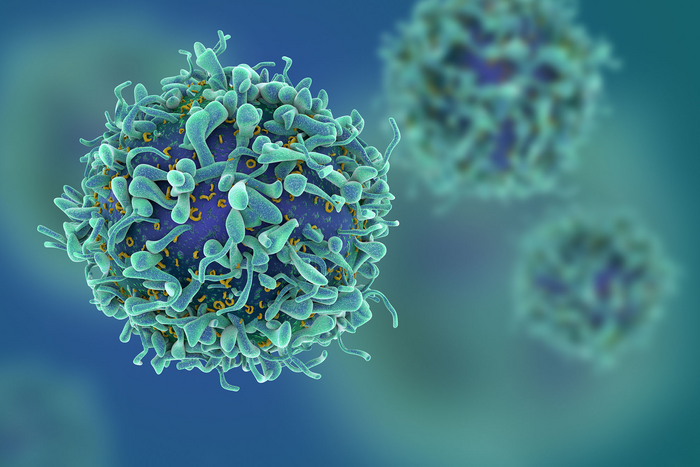Mycobacterium avium complex (MAC) is a group of bacteria related to tuberculosis. These germs are very common in food, water, and soil and almost everyone has them in their bodies. However, they can make people with weaker immune systems, like those with HIV, very sick. Now researchers from La Jolla Institute for Immunology uncovered a defect that stops T cells from fighting MAC.
The findings are published in the journal Frontiers in Immunology in an article titled, “T-cell deficiency and hyperinflammatory monocyte responses associate with Mycobacterium avium complex lung disease.
“Immunological mechanisms of susceptibility to nontuberculous mycobacterial (NTM) disease are poorly understood,” wrote the researchers. “To understand NTM pathogenesis, we evaluated innate and antigen-specific adaptive immune responses to Mycobacterium avium complex (MAC) in asymptomatic individuals with a previous history of MAC lung disease (MACDZ). We hypothesized that Mav-specific immune responses are associated with susceptibility to MAC lung disease.”
MAC is an “opportunistic” pathogen, explained Cecilia Lindestam Arlehamn, PhD, research assistant professor at La Jolla Institute for Immunology (LJI). Some people do have risk factors—such as cystic fibrosis and structural lung diseases, for example—that make them likely to develop symptoms after MAC exposure. The problem is that no one knows exactly why these factors make such a difference.
“We think these people have this cellular defect going into MAC exposure,” explained Lindestam Arlehamn, who worked closely on the study with collaborators at the University of Washington.
This research may be a step toward uncovering biomarkers to predict risk of progressive lung disease and responses to treatment in MAC disease patients.
When Arlehamn looked at global gene expression (which genes are “switched on”) in response to MAC infection, she spotted a stark difference in blood samples from people previously infected with MAC and healthy controls.
Their findings are the first to suggest that this Th1* defect can lead to increased disease susceptibility. Their work could help researchers better understand how MAC goes from harmless to highly pathogenic.


